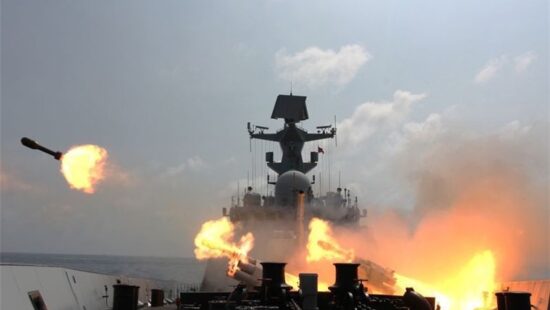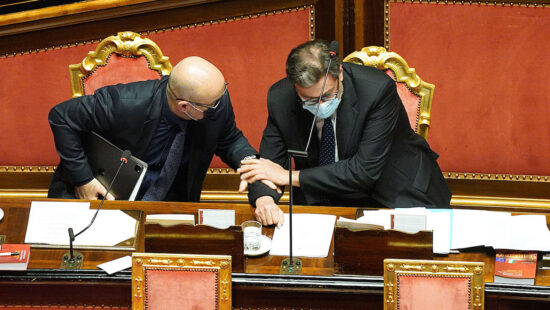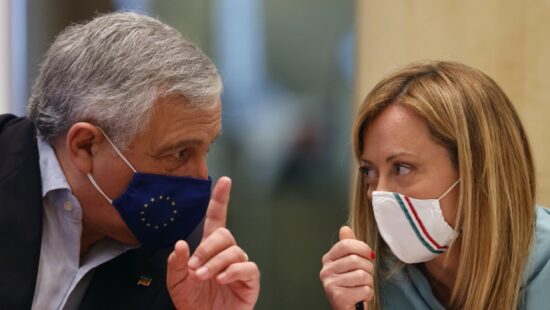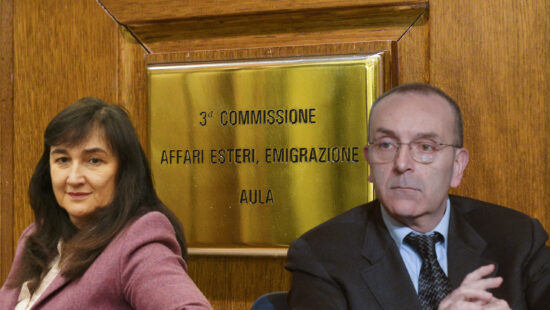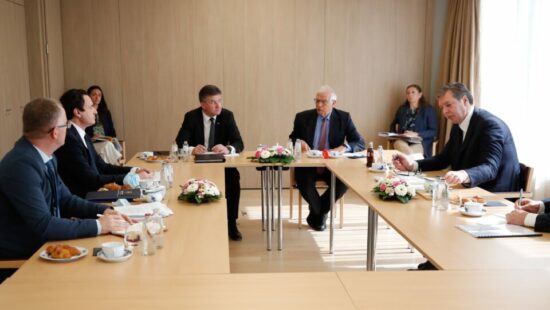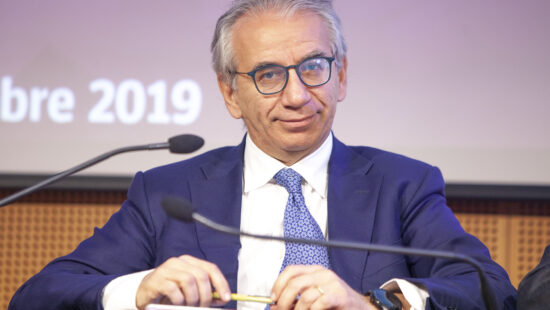L’atterraggio di un aereo militare Usa a Taiwan ha fatto infuriare Pechino, che ha organizzato due round di esercitazioni davanti a Taipei
Archivi
Ascoltiamo l'allarme di Cingolani e Giorgetti sulla transizione energetica
Lottare e impegnarsi per rendere il pianeta meno inquinato e più sostenibile è un obiettivo che non può essere messo in discussione. Tuttavia sarebbe opportuno che venissero poste in chiaro, in modo che i cittadini possano conoscerle e valutarle, tutte le opzioni sul tappeto, con relativo calcolo dei costi e benefici. Il mosaico di Carlo Fusi
Perché (e come) supportare la Guardia costiera libica. Il punto di Iovino (M5S)
Conversazione con Luigi Iovino, deputato M5S, membro della Commissione Difesa, sulla delibera missioni approvata la scorsa settimana dalla Camera, non senza sussulti sul supporto alla Guardia costiera libica. Lo sfratto dalla base di Al Mihad? “Ora si dovrà coinvolgere il Parlamento per capire il da farsi e ristabilire le relazioni con gli Emirati Arabi”
Malan? Contano solo i cittadini. Avanti coi vaccini, e sul green pass... Parla Tajani
Il coordinatore nazionale azzurro dopo l’annuncio del senatore di aderire al partito di Giorgia Meloni. “L’importante sono gli elettori, un parlamentare non si porta dietro i cittadini spostandosi da un partito all’altro”. Forza Italia si smarca dagli alleati su vaccini e green pass. Il Quirinale? “Sogno Berlusconi”
Dal Marocco alla Luiss. Il primo progetto di Med-Or, la fondazione di Leonardo
Med-Or, la fondazione di Leonardo guidata da Marco Minniti, ha annunciato oggi il suo primo progetto: una partnership con l’Università Luiss Guido Carli e la Mohammed VI Polytechnic University di Rabat. Al centro dell’accordo una serie di borse di studio per studenti marocchini, così da porre le basi per i contatti tra le future classi dirigenti
Nessuno scappa dal malware. Luttwak sul caso Pegasus
Tutti i governi usano spyware come Pegasus. E chiunque abbia uno smartphone è a rischio. Edward Luttwak, stratega militare americano con trascorsi al Pentagono e alla Casa Bianca, spiega la cyberwarfare 2.0. In Russia gli hacker sono un problema anche per Putin. Cina? Ecco perché non infierisce troppo sull’Italia…
Covid? In Italia dall'ottobre 2019. I dati dell'Istituto nazionale tumori
Uno studio dell’Istituto nazionale tumori (Itn) di Milano riapre la ricerca dell’origine del Covid-19. Forse in Italia test positivi già nell’ottobre del 2019. I risultati della ricerca, i numeri e i dubbi. E intanto il governo cinese fa propaganda
L'incontro Italia-Iran in Senato è una "riparazione" per lo sgarbo sessista?
La commissione Esteri del Senato ha incontrato l’influente commissione Sicurezza nazionale dell’Iran. Lavori guidati non dal presidente Petrocelli (M5S) ma dalla vice Garavini (IV). C’è un retroscena: ad aprile gli iraniani si sono tirati indietro dopo aver saputo che la seduta sarebbe stata guidata da una donna. E oggi…
Rapporti tesissimi tra Serbia e Kosovo, la Cina ci mette lo zampino (e il vaccino)
Finisce male il vertice tra il presidente serbo Aleksandar Vučić e il primo ministro del Kosovo, Albin Kurti. Scambi di accuse, passato che non si riesce a metabolizzare e voglia di rivalsa fanno sorridere i nemici dell’allargamento Ue, con sullo sfondo la vax diplomacy
Regole e dati, la svolta fintech che serve all'Italia secondo Nicastro
Intervista al banchiere ex Unicredit oggi alla guida di AideXa. Il comitato per il Fintech è un primo passo verso il dialogo tra vecchia e nuova finanza. Ma per una vera svolta occorre un uso più massiccio dell’open banking, accelerando condivisione e visibilità dei dati da parte delle banche tradizionali. Le regole? Un punto di caduta è possibile…




